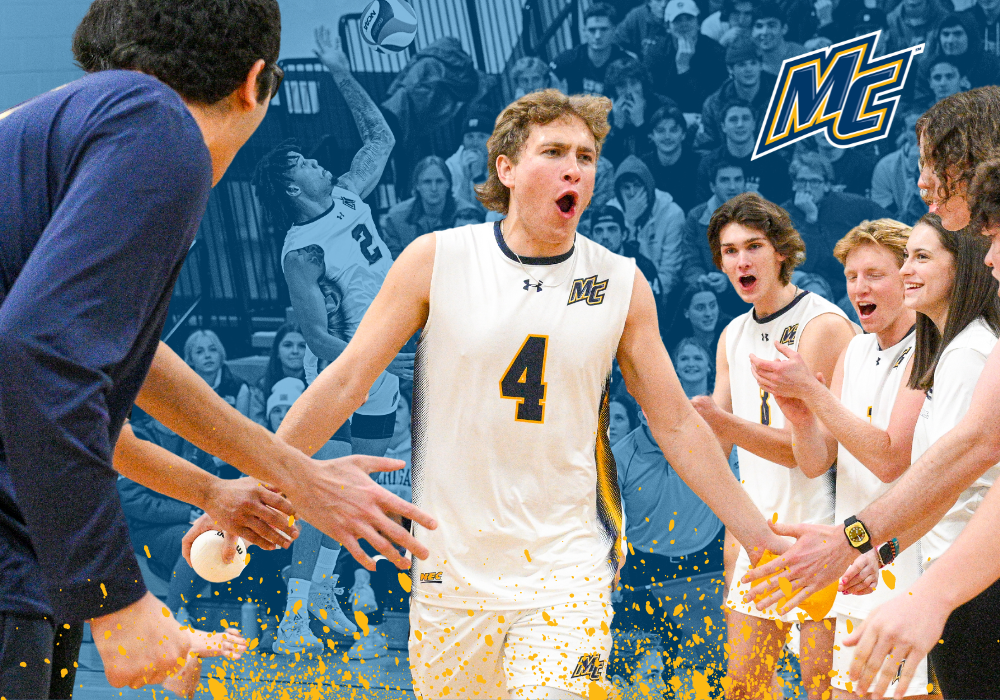Teaching and Learning Days
Join your colleagues at Merrimack College’s Teaching and Learning Days.
Archive: Schedule of Events on May 25, 2023
8:30-9 a.m. | Breakfast & NetworkingFacilitated by: CTIDE |
9-10:45 a.m. | Supporting Reflective Writing and Learning for your Next TeachPresenter: Jaleh Dashti-Gibson This session looks at the advantages of using Analytics in Canvas. Analytics presents logged activity by users in various components of a Canvas course. Learn how you can see at-a-glance how your students are performing. This session will also look at two features you might not know about: prerequisites and requirements. |
10:45 a.m.-noon | Leveraging AI Assistants like ChatGPT: Fun Ideas and Practical UsesFaculty Facilitators: CTIDE The concerns of a small minority of students misusing technology should not stop us from embracing its productive potential for the majority of learners. To ensure that our intrepid and well-meaning students are not misapplying these new and exciting AI Assistants like ChatGPT or DALL-E, this session aims to educate on the appropriate times, reasons, and methods for use. Plenty of time will be allotted for exploration and brainstorming creative ways it can be used in your classroom |
Noon-12:45 p.m. | Lunch |
12:40-1:45 p.m. | Former Google Classroom Teachers Turned Canvas MastersPresenter: Michael Stroud, Anne Gatling, Jessica Celucci Come learn from former Google Classroom teachers who have successfully converted their courses over to Canvas. Find out how faculty made the jump and tricks and tips to make your transition as easy as possible. You will also hear about the benefits and additional features found in Canvas versus Google Classroom. |
Schedule for Events on May 30
8:15-9 a.m. | Virtual Coffee and InSpace (view recording)Facilitated by: Nancy Wynn, Michael Stroud, Jim Ruddy, Sharon Taitelbaum. Bring your coffee and join colleagues over InSpace, the new virtual meeting space focused on movement, proximity and breakout rooms. |
9-10:15 a.m. | Planning and Teaching Large Classes (view recording)Presenters: Anthony Fernandez, Michael Corocran, Aaron Mansfield, Jimmy Franco, Laura Hsu and CTIDE Successful learning experiences in large classes are dependent upon good planning, effective monitoring, inclusive teaching, appropriate assessment, and active engagement by professors and students. Learn some tips for teaching today’s GenZ students and create some strategies of your own to try this Fall. |
10:30-11:45 a.m. | Courage in the Classroom: When Talking Gets Tough (view recording)Presenter: Susan Marine Exploring deeply divisive topics in the classroom is sometimes necessary or can be spontaneous. They allow students to think critically, examine their own beliefs, and learn to respectfully communicate with those holding different opinions. Learn strategies to help foster rigorous and open discussions safely (and courageously) in your classroom. |
11:45-12:30: Lunch |
12:30-1:45: Teaching all GenZ Warriors, Graduate and Undergraduate (view recording)Presenter: Jane Parent, Jaleh Dashti-Gibson, Lisa Perks, Chris Stuezle With an increasing number of students with various learning profiles, abilities, and diagnosed disabilities in our classes, we need to think about strategies to teach all of our students. This faculty panel will continue the conversation (from January) and work with you in small groups to address your challenges and concerns. |
2:00-3:00 Sharpen Your Online Skills (view recording)Presenters: CTIDE – Christine Sacco, M.Ed., Janet Syed, M.Ed, Sean Wright, M.Ed, M.Sc Discover techniques and strategies to add interactivity, personalize learning, and design an engaging online course that benefits all students. |

